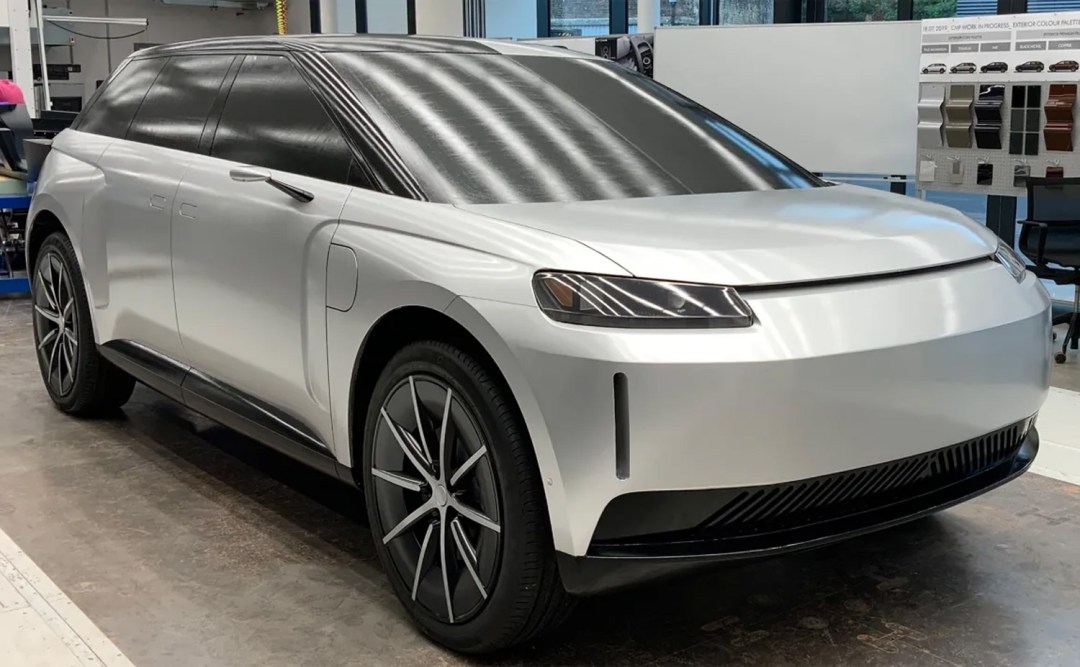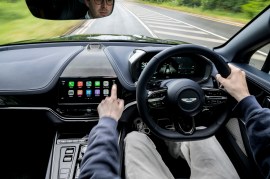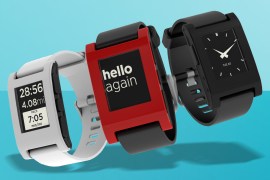Why Apple should have learned from Dyson’s failed electric car project
Apple appears to have formally cancelled its electric car project. Here's why it should have seen that coming a long time ago

Apple appears to have formally cancelled its electric car project. It was a badly kept secret that apparently cost a whopping $10 billion and had been trundling on for at least a decade.
Websites like this one have had Apple Car rumors for most of that time, as staff came and went, and more info leaked out.
The obvious problem? Apple didn’t have a manufacturing partner – a company that was used to making ACTUAL CARS. The firm was clearly aware of that, with rumors suggesting it had been meeting with car makers over recent months. Maybe that was the final straw.
But Apple should have seen the writing on the wall a lot sooner, because Dyson went through pretty much the same thing.
A history lesson
Dyson canned its own electric car, known as N526, in 2019. Work on it was very advanced; a 600-mile range was mooted and there’s plenty of info about it online. I’ve seen two. A prototype sits in one of the vast cafeterias at Dyson’s UK campus, and there’s another in the foyer of Dyson’s global HQ in Singapore.
What Apple and Dyson’s car projects have in common – beyond a costly and ultimately failed development process – is difficult to say. While N526’s main innovation was around Dyson’s groundbreaking battery tech, Apple’s car seemed more ambitious, with no steering wheel and full autonomy. But it was seemingly a long way from actually building a vehicle.

Both companies should’ve realised early on they couldn’t develop the whole project themselves and still make money. This is – quite evidently – rather hard to do. Tesla spent 17 years being unprofitable, only turning the corner in 2020, and earnings remain underwhelming. Given their penchant for high prices, I can’t imagine Apple or Dyson being anything like that patient.
With Tesla’s slow sales growth this year, Ford postponing investment in EVs and companies like Rivian laying off staff… Well, it was an obvious time for Apple to call time on the project.
Apple’s in-car strategy seems to now be around higher integration of its devices inside cars, with Apple CarPlay coming to take over your car’s dashboard. At least that’s what Apple wants even if manufacturers are less keen.
What killed the Dyson car?
Dyson chalked up its own cancellation to the industry’s move towards electric post-Dieselgate, which meant there was too much competition for a car from a non-automotive company to survive. In an email to staff in late 2019, it said “this is not a product failure, or a failure of the team”.
It had looked at selling the project, which involved 500 workers, and reportedly cost £2.5 billion, but was too late. “We have been through a serious process to find a buyer for the project which has, unfortunately, been unsuccessful so far.” James Dyson himself said the project went through at least £500 million of his own money. After it was cancelled, Dyson willingly showed off the car and there’s a page about it on Dyson’s own site as well as videos online.
We’re not likely to get such transparency from Apple, but Dyson’s words from a 2020 Sunday Times interview probably ring true for that project as well. “There’s huge sadness and disappointment. Ours is a life of risk and of failure. We try things and they fail. Life isn’t easy.”



